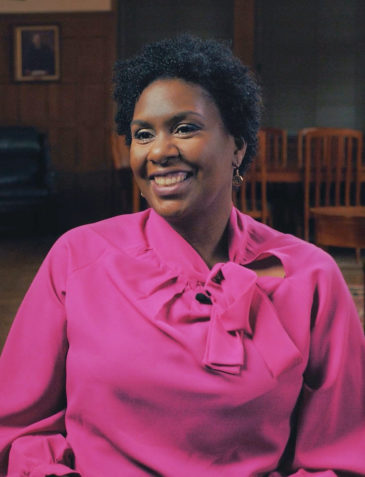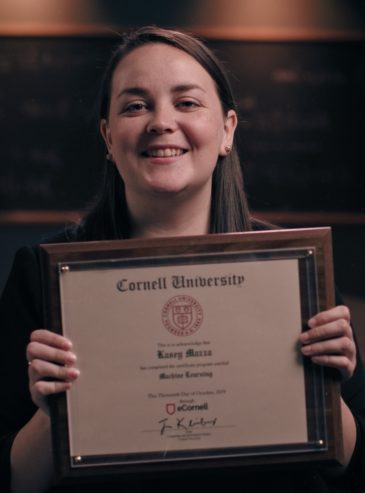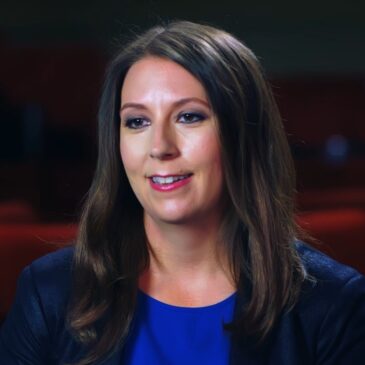Investment Strategies

One of the key ways to secure your financial future is through investing. Yet investing is complex: It can feel as though there are endless options to choose from, and the risks can be substantial. So how can you cut through the noise?
In this certificate program, you will explore strategies to help guide your approach to investing. You’ll begin by developing a fundamental understanding of financial documents which will allow you to interpret financial information and increase your personal and professional decision-making capacities. You will then apply your financial statement knowledge to the stock market, where you will discover how to analyze stocks and identify those that are profitable and worth your investment. Diving deeper, you will determine how to manage your investment portfolio by examining different asset classes, sectors, styles, and diversification options. To complete your certificate, you will delve into a more modern investment vehicle: cryptocurrency. You’ll explore the function of blockchains by examining the design of a cryptocurrency and practice using a Bitcoin wallet to better understand how the blockchain can be used to transfer value from person to person. By the end of this program, you will have the knowledge and confidence to make investment decisions that will help you reach your financial goals, gaining applicable skills along the way.
At the heart of any business is the ability to track, invest, and manage money. Without the ability to do these three things successfully and honestly, a business will not survive, no matter how good their product or service is. A clear understanding of how money flows into and out of an organization allows us to attract investors, identify investment opportunities, decide with what organizations to form relationships or partnerships, and even manage your own personal finances.
In this course, you will examine the different roles of accounting and finance and how each influences a business. You will analyze the financial documents used by accounting and finance in all businesses: the income statement and the balance sheet. Understanding the numbers on these documents will allow you to interpret financial information to inform decision making in numerous personal and professional capacities.
- Nov 26, 2025
- Dec 24, 2025
- Jan 21, 2026
- Feb 18, 2026
- Mar 18, 2026
- Apr 15, 2026
- May 13, 2026
Investing in stocks is a critical strategy in any financial portfolio, whether personal or professional. Yet how do you know whether a stock is a smart buy or not? You don't — until you do the research.
If you're able to understand a company, you are well on your way to understanding its stock. In this course, you will practice doing the financial analysis work needed to identify profitable stocks worth investing in. You will examine data in online public sources such as SEC 10K and 10Q reports, earnings releases, press releases, and investor conference materials to score fundamental information about the company and stock you have chosen to study. By evaluating a company's position in the marketplace, you can begin forecasting the performance of its stock. Exploring different valuation techniques, you will practice making a target price to compare whether the stock's current market value is high or low relative to the future predicted value of the stock. Along the way, you will incorporate storytelling into your research to summarize your findings and curate a compelling investment thesis. With this investment thesis to advance your claims, you will curate a stock pitch and communicate your preliminary recommendation of whether to buy, sell, or hold a chosen stock.
- Nov 19, 2025
- Jan 14, 2026
- Mar 11, 2026
- May 6, 2026
- Jul 1, 2026
- Aug 26, 2026
- Oct 21, 2026
- Oct 15, 2025
- Dec 10, 2025
- Feb 4, 2026
- Apr 1, 2026
- May 27, 2026
- Jul 22, 2026
- Sep 16, 2026
Since the advent of the internet, programmers have been trying to figure out how to create a [digital] world in which people anywhere - even complete strangers - can transact directly with one another safely and efficiently. In essence, they have been trying to recreate the bedrock of civilization: an orderly system of bookkeeping that allows people to trust each other's claims about what they own, what they owe, and what they are owed. For most of the digital age, this “trust” has been facilitated by third parties such as banks, governments, or credible companies that are willing to guarantee that a transaction is valid and secure. But transactions via third parties are slow and expensive, and they cannot be verified by just anyone, which opens the door to fraud and theft.
Today, the notion of a secure and trusted third party in a digital world isn't purely mythical. And in fact, it's exactly what blockchain technology embodies in a kind of magical way. In this course, you will explore the mechanics of blockchain technology and how the blockchain acts like a trusted third party. To do this, Professor Ari Juels will design a theoretical cryptocurrency from scratch to illustrate how Bitcoin and other cryptocurrencies make use of the blockchain to transfer value from person to person. Then, once you understand how the blockchain acts as a trusted ledger, you will practice articulating other transformative ways in which blockchains can change how commercial and interpersonal connections happen online.
- Nov 5, 2025
- Dec 17, 2025
- Jan 28, 2026
- Mar 11, 2026
- Apr 22, 2026
- Jun 3, 2026
- Jul 15, 2026

eCornell was truly one of the best investments I made in my entire career and it’s what brought me to where I am now.
eCornell was truly one of the best investments I made in my entire career and it’s what brought me to where I am now.

What I wanted was something that had an exceptional caliber of professionals and professors, and eCornell actually gave me that.
What I wanted was something that had an exceptional caliber of professionals and professors, and eCornell actually gave me that.
- View slide #1
- View slide #2
- View slide #3
- View slide #4
- View slide #5
top Minds
100% Online
that fit your life and career.
career



